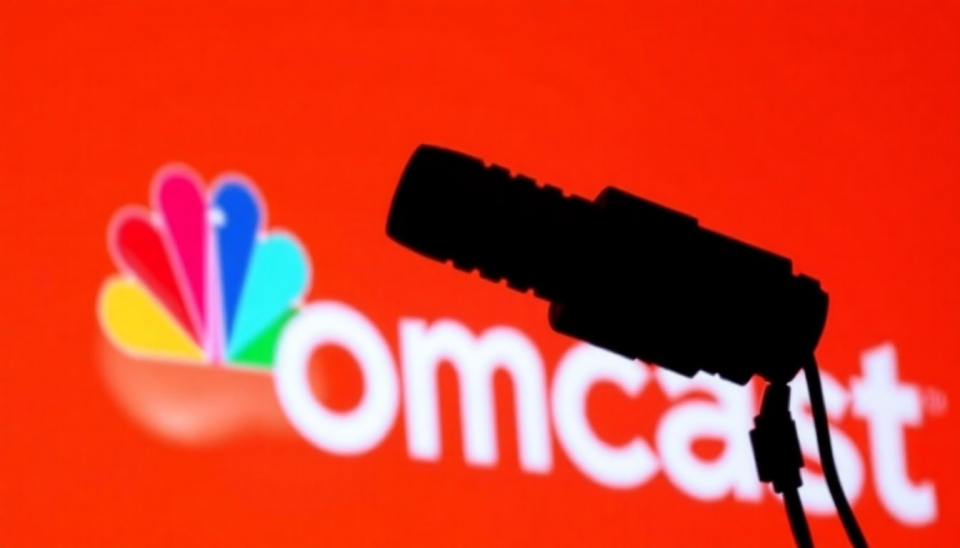
In a groundbreaking evolution of advertising, AI-powered podcast ads have made an unmistakable impact on the listening habits of audiences everywhere. As creators increasingly leverage advanced technology to optimize their content monetization, listeners are finding it increasingly difficult to engage with their favorite shows without being interrupted by these targeted advertisements.
The rise of AI in the podcasting landscape signifies an important shift in marketing strategies. With algorithms that analyze listener behavior and preferences, advertisers can now craft hyper-personalized ads that sneakily blend into programming. This has resulted in a highly efficient approach to capturing audience attention, but at what cost to the listener's experience?
As artificial intelligence continues to refine its capabilities, podcast hosts and advertising agencies are jumping on board, eager to capitalize on the potential revenue that comes from finely-tuned promotional messages. These dynamic ads are not only tailored to individual preferences, but they also have the ability to adapt in real-time, ensuring they remain relevant to listeners throughout the duration of the episode.
This new phenomenon has raised various questions among industry experts and avid podcast listeners alike. How do these personalized ads affect authenticity? Are they diluting the overall quality of content? Moreover, as users become inundated with AI-generated ads, there is a growing concern regarding the potential saturation of the podcasting space—transforming an experience once considered intimate and engaging into a relentless barrage of promotional messaging.
The impact of AI-driven ads is evident across a vast array of podcast genres, from true crime to educational content. It poses a challenge to creators who strive not only for audience loyalty but also for maintaining the integrity of their shows. Some creators are contemplating measures to limit the integration of ads, while others embrace these advancements, believing they provide listeners with a more tailored and relevant experience.
Experts in the field posit that while the transition to AI-generated advertisements may enhance certain elements of the audience's engagement, it may simultaneously erode trust. Listeners often appreciate candid endorsements from show hosts, which may not resonate in the same way if delivered through AI. Furthermore, there is a palpable concern regarding privacy, as these technologies often rely on extensive data collection to drive their analysis and ad placements.
As the podcasting industry continues to innovate and adapt to the potential of AI, it will be crucial for stakeholders to carefully consider the balance between monetization and user experience. As audiences grow increasingly wary of marketing tactics, the ability of creators to maintain their rapport with listeners amid these advancements will be put to the test.
With the evolution of AI addressing numerous aspects of entrepreneurship and media consumption, the question remains: can podcasting retain its organic charm in the face of this technological upheaval, or are we witnessing the demise of what once made it special?
As the line blurs between genuine content and structured marketing, listeners should brace themselves for an uncharted future, where even their most cherished podcast experiences may become interspersed with sophisticated advertising tactics aimed at leaving no room for escape from the clutches of AI.
In conclusion, the integration of AI into podcast advertising represents both a thrilling opportunity for enhanced engagement and a potential threat to the authenticity of the medium. As programs evolve, the reflections of listeners and creators alike will be crucial in shaping the future of this increasingly popular form of media.
#AI #Podcasting #Advertising #DigitalMarketing #TechnologyTrends #ListenerExperience #ContentCreation #MarketingResearch
Author: Emily Collins




